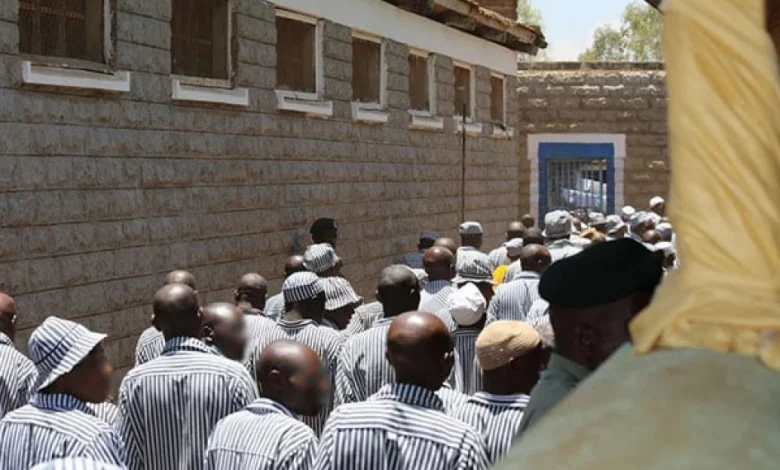43% Of Kenyan Prisoners On Death Row Did Not Know What Was Happening During Trial – Report

Fourty-three per cent of inmates on death row did not understand what was happening during their trial. This is according to a report launched on Tuesday by the Death Penalty Project, in partnership with Kenya National Commission on Human Rights.
The study draws on a sample of 671 prisoners across 12 Kenyan prisons, and it includes not only those currently under death sentence but also those previously sentenced to death who later had their sentence commuted.
According to the report, there are currently approximately 600 prisoners on death row in Kenya. There are many more who have been sentenced to death over the past decades, but whose death sentences have been commuted to life imprisonment.
While 120 countries around the world have now abolished the death penalty, including 25 in Africa, Kenya is one of 22 African nations that continues to retain the death penalty in law, although it has not carried out any executions for more than three decades.
The report finds that Kenya’s death row is populated by those who were poorly educated and were in low-level, precarious jobs, with little financial security. Many had considerable responsibility for the welfare of dependents at the time of their offence.
Only 11% had a prior conviction at the time of the offending, majority of the inmates 56% had been sentenced to death for robbery with violence, with 44% were sentenced for murder.
“95% of those convicted of robbery did not know that it was punishable by death and 86 per cent of those convicted of murder did not know that it was punishable by death either,” Director of the Death Penalty Research Unit, at the University of Oxford Prof. Carolyn Hoyle, said.
“As a liability to make irrational choice…there were responses such as they were in a heightened mode of emotions when they committed the crime.”
The report adds that more than 1 in 10 had never been in formal education and more than two-thirds had only completed primary school. Only 1 in 10 of the offenders was in permanent full-time employment.
The Kenya National Human Rights Commission has urged the government to hasten the process of abolishing the death penalty which they say is contrary to human rights, amounts to torture and does not deter others from committing the offence.
“The practice denies the capacity for re-integration and rehabilitation of offenders. The goal of any justice system should be to rehabilitate and not to punish. The carrying out of the death penalty is therefore not encouraged,” Roseline Odede – Chairperson, KNCHR said.
Kenya has not conducted any execution since 1987



